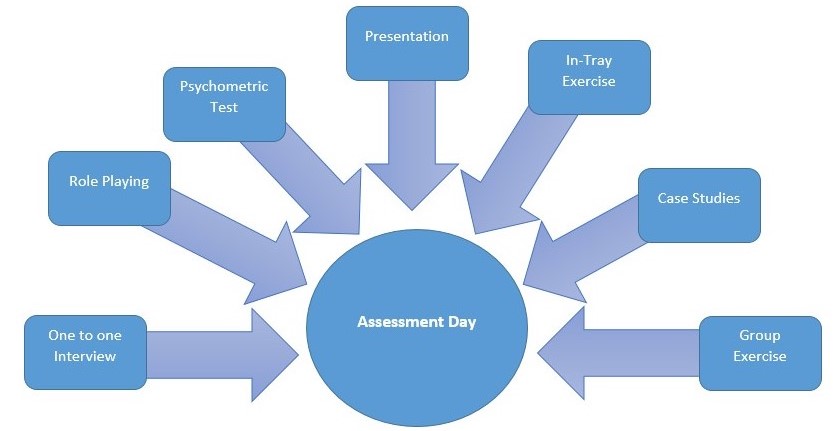HOW MUCH SHOULD PSYCHOMETRIC TESTING COUNT?
Grocott’s Mail asked Lecturer in Organisational Psychology at Rhodes University, Sandiso Bazana what value should be placed on psychometric testing in interviewing and selecting a candidate for a position.
This follows controversy about the hiring of Makana Municipality’s new Municipal Manager, Moppo Mene. Mene started work on 1 August 2018 and faces challenges from several fronts to his appointment. Following the 19 July Council meeting where his appointment was approved, experienced councillors from both the ANC and DA expressed shock that of three candidates, Mene had scored the lowest on one of the screening processes, a competency matrix based on psychometric testing.
Bazana has researched the use of psychological assessments in recruitment in the public sector extensively, including critiquing the appointment of South Africa’s Public Protector. Grocott’s Mail asked him to comment on its use generally and not specifically in the case of the Makana MM appointment. He argues the need to apply psychometric testing effectively and consistently.
“The understanding is that in order to fulfil a public role you’ve got to ‘have what it takes’ Bazana told Grocott’s Mail in an interview two weeks ago. “And a psychological assessment helps understand what these markers are.”
In South Africa, debate began at the start of democracy about the validity and value of these tests.
“Currently it’s used in a very superficial way to tick boxes,” Bazana says.
“If you choose to use psychological assessment you must accept whatever comes out of it and use the outcomes. Unfortunately, in the public sector, when the test results don’t suit whatever purpose an interest group has, they dismiss that test as irrelevant. You see this all the time in the public sector.”
But how accurate can the tests be?
China was the first country to use psychological assessment to recruit public servants, Bazana explains. “They’ve been using it since the 16th century, and they’re still using it today.”
France and several other countries whose legal and other systems South Africa has adopted over the years use psychological assessment extensively.
“One thing SA has not copied is applying psychological assessments effectively,” Bazana emphasises.
“In SA after 1994 there was lots of debate about the role of psychological assessment. Cosatu took it up and Blade Nzimande, as a trade union researcher, wrote a lot about the problems of psychometric assessment.”
That’s why there’s a clause in the Employment Equity Act – Section 8 that is explicit about when it can be used. “You must be able to prove the validity and reliability of that test.”
“The debate in the beginning of our democracy was that if we continue to use psychometric testing, the norms must reflect the norms [of our diverse, multicultural and unequal]society.
Bazana has documented cases when authorities have simply ignored the outcomes of that test because they are pushing for a particular outcome.
“This is prevalent across the public sector in South Africa,” Bazana said. “It’s like the way Performance Management is used in the public sector: we have it, but no one ever follows up when an official is found to have fallen short.”
Bazana said the cost of psychometric testing varied according to whether a single company was doing the whole assessment. But he said the cost of such detailed testing would be “considerable”.
“It should be the responsibility of the [public entity]to give that information to the public. The public should know how much was spent on those services.”
Grocott’s Mail has requested this information from Makana Municipality, as well as SA Local Government Association policy on what weighting psychometric testing is given in an appointment screening process.
NOW READ THIS
http://www.grocotts.co.za/2018/08/05/row-brews-over-new-makana-mm/


